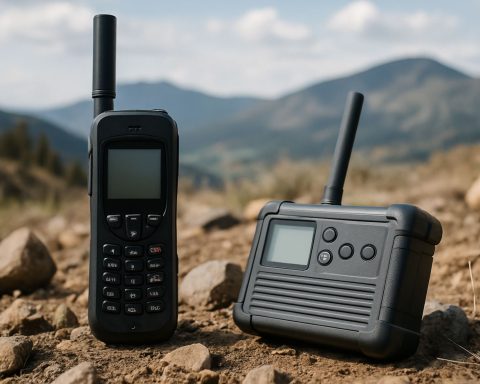Disease Detection
Disease detection refers to the process of identifying the presence of a disease in an individual or population. This involves various methods and techniques, including medical testing, imaging studies, clinical evaluations, and surveillance systems. Disease detection can be performed through symptoms assessment, laboratory tests, diagnostic imaging, and screening programs, which are designed to catch diseases at an early stage before they progress or become more severe. Early and accurate disease detection is crucial for effective treatment, management, and prevention of illness, ultimately contributing to better health outcomes. The process can also involve differentiating between various diseases and understanding epidemiological trends in populations. Overall, disease detection is a vital aspect of healthcare and public health that aims to improve diagnosis, treatment, and prevention strategies in addressing health issues.







